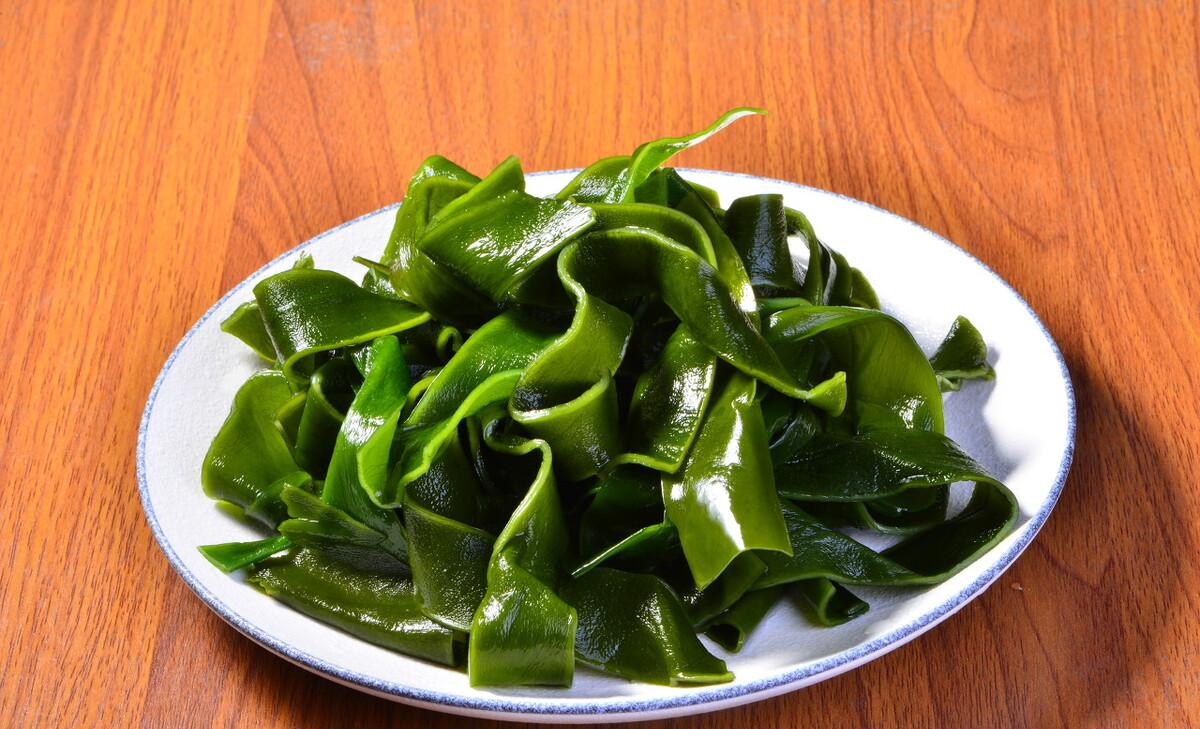Kelp, also known as lunbu, kelp, and river cabbage, is a large perennial edible algae that grows in the sea with low water temperatures. Kelp is inexpensive and nutritious and is an important marine resource.

Kelp is a nutrient-rich edible brown algae, compared with green leafy vegetables, in addition to rich in vitamin C, its crude protein, sugar, calcium, iron content are several times or even more than ten times higher. Rich in iodine content, cultured kelp generally contains 3% to 5% iodine; kelp is also rich in kelp polysaccharides, fucoidan, fucoidan, brown algal starch; acid glycans, fucoidan hemisaccharide sulfate, macrophylloids, galacturonic acid, lamina, taurine, bifidoctor and other active ingredients. According to the measurement, each 100g edible part contains 8g of protein, 0.1g of fat; also contains carotene, vitamin B1, niacin, potassium, phosphorus, but also rich in alginic acid, cellulose, mannitol and a variety of trace elements and minerals.
Kelp is low in calories, moderate in protein and rich in minerals, making it an ideal natural marine food. Kelp can effectively prevent the occurrence of hypothyroidism, hyperthyroidism people please eat with caution; kelp, seaweed, seaweed and other seaweed foods, have anti-cancer, anti-cancer effects. Kelp cannot be used as a staple food for a long time, so that excessive intake of iodine will also have an impact on health. Before eating kelp, do not soak kelp for too long, soft enough to facilitate consumption, such as a long period of soaking will make water-soluble vitamins, inorganic salts and other dissolved in water, nutritional value will be relatively reduced.